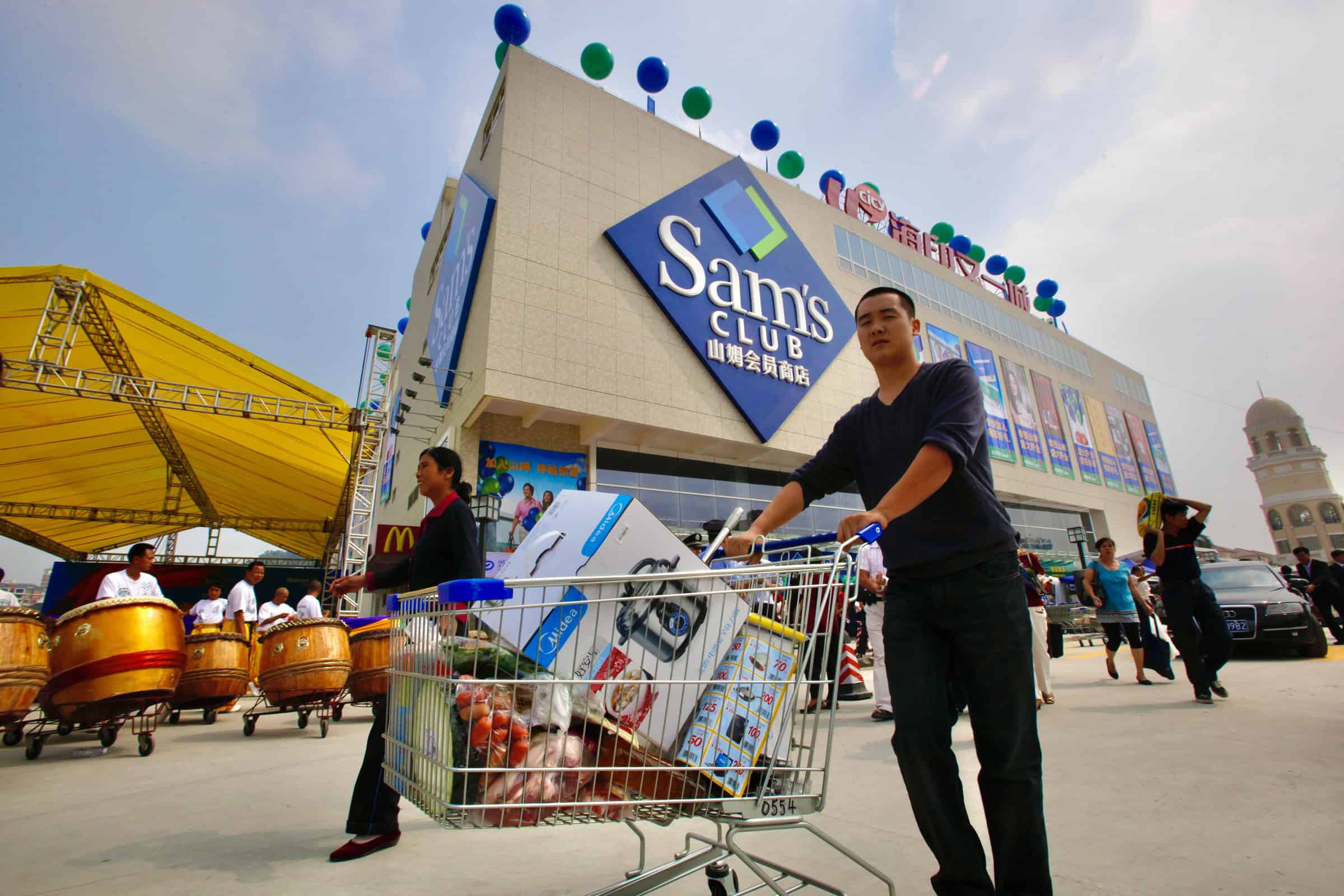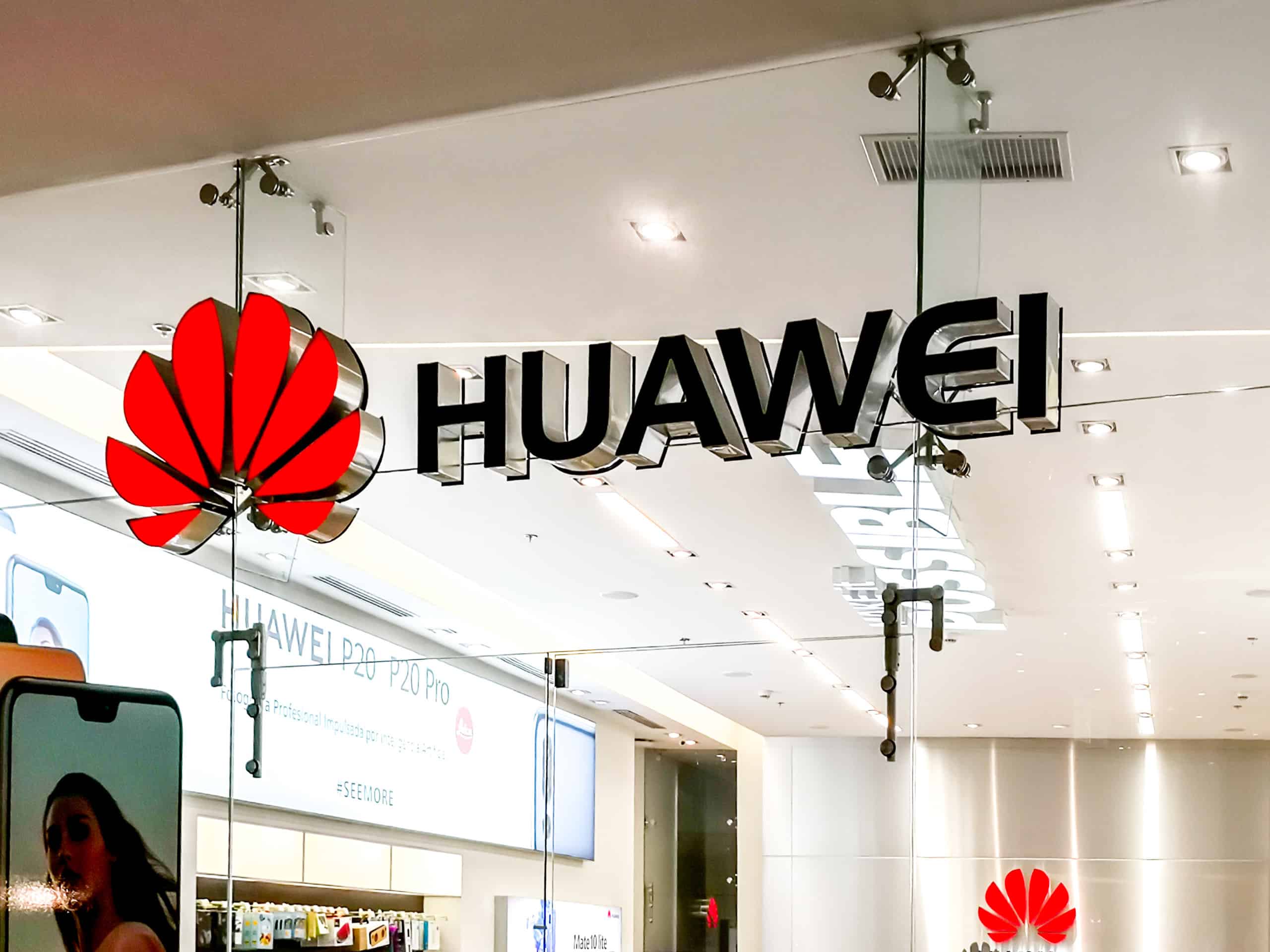Hoàng Nguyên Phong is a PhD candidate at Stony Brook University, where he studies online security and privacy. He is also a visiting research fellow at University of Toronto’s Citizen Lab, where he focuses on internet censorship measurement. His recent paper “How Great is the Great Firewall? Measuring China’s DNS Censorship” explores China’s restrictive cyber policies, and how they impact both the Chinese and global internet. In this lightly edited interview, we discussed the two-way
Navigate China's Business Landscape with Confidence.
- Gain visibility into supplier risks
- Easily manage trade compliance
- Conduct in-depth due diligence



